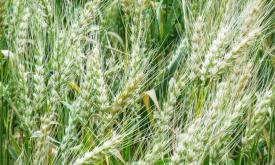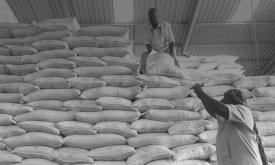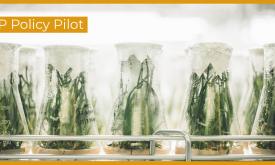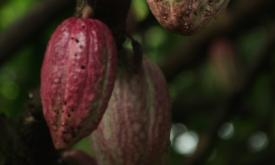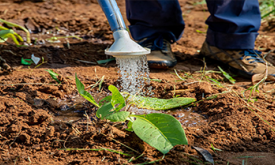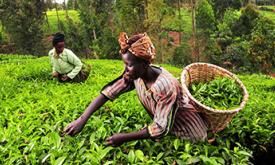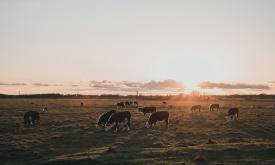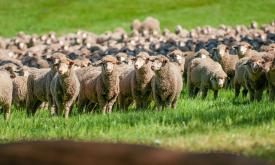Food Security & Agroecology
Objectives:
- Strengthen the scientific, technological, and institutional capacities of Specialised Regional Organisations (SROs) and RMRNs/RCoEs in agroecology to produce, collect, access, process, share data/information and to conduct impactful research activities using a gender-sensitive approach.
- Enhance the contribution of RMRNs/RCoEs in agroecology to transformative, high-quality research and the generation and dissemination of scientific knowledge.
- Improve cross-sectoral and cross-regional coordination and strategic steering of RCoEs to address the challenges related to Science, Technology and Innovations in Africa’s green transition.
Location: Eastern Africa, Western Africa, Central and Southern Africa
Duration: 36 months
Budget: €2 million
Lead Organisation: Forum for Agricultural Research in Africa (FARA), JRC Thematic Unit
Regional Centres of Excellence:
Eastern Africa: International Centre for Insect Physiology and Ecology (ICIPE)
Western Africa: West and Central African Council for Agricultural Research (CORAF)t
Southern Africa: Centre for Coordination of Agriculture Research and Development (CCARDESA)
Available Resources





